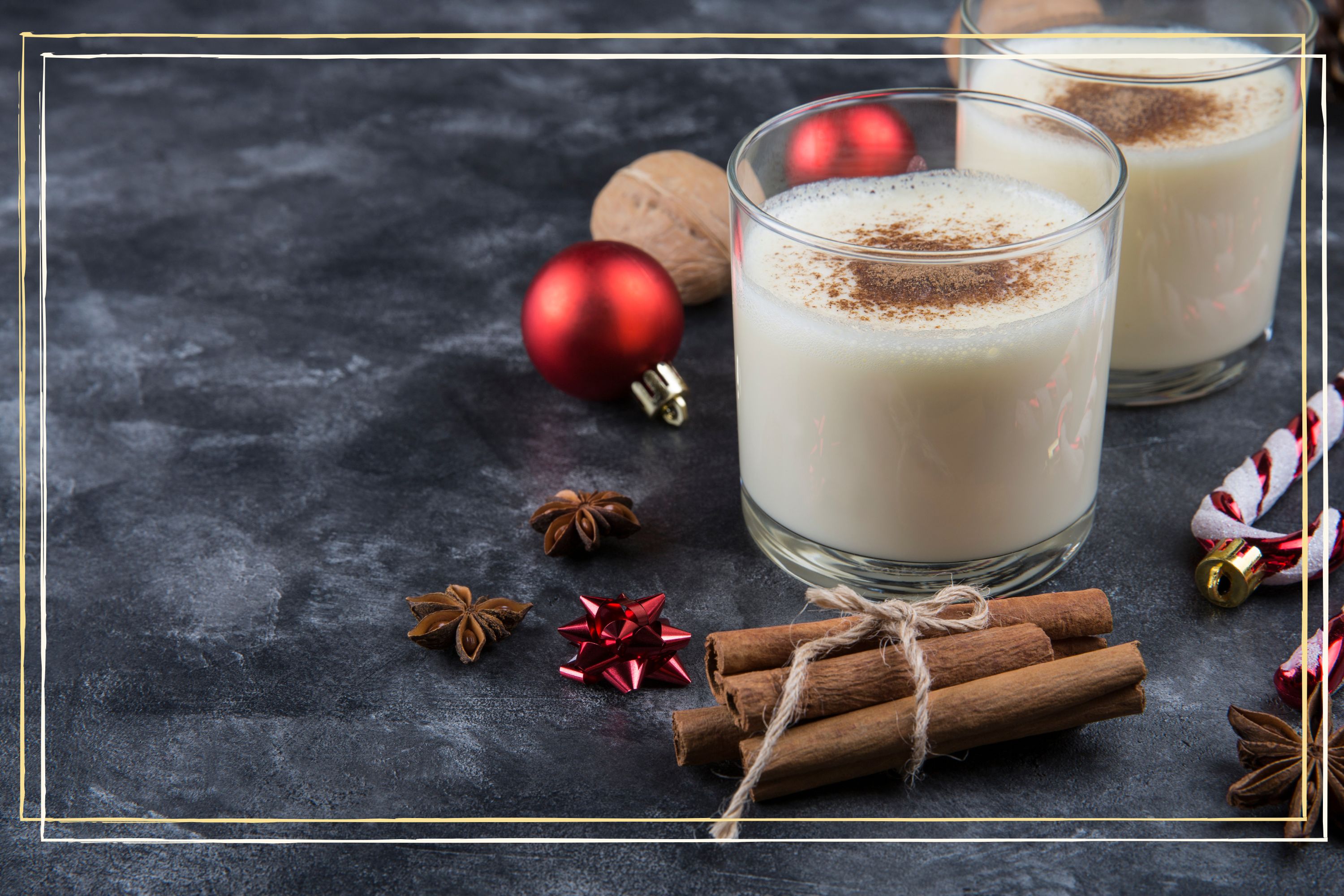
It's considered a festive staple and has quite a history behind it too. But many people are confused about what eggnog is - and where it comes from.
The exact origins of the traditional eggnog recipe are unknown, but it is thought that it comes from a medieval drink called 'posset', which combined milk with wine or beer, cream, sugar, and egg, and thickened with anything from bread to oatmeal.
As the drink evolved into eggnog, it was reserved for the elite members of society, due to the inclusion of spices like cinnamon and nutmeg, which were considered to be luxuries. The winter drink was traditionally served warm.
The name 'eggnog' combines one of the main ingredients, egg, with the wooden cup the drink was traditionally served in, called a 'nog' or 'noggin'. The name may also come from the word 'grog' which is a term used to describe alcohol - sometimes specifically rum.
The first written use of the word eggnog appeared in 1775 in a comic poem written by clergyman Jonathan Boucher:
Fog-drams i' th' morn, or (better still) egg-nogg,
At night hot-suppings, and at mid-day, grogg,
My palate can regale...
Meanwhile, the earliest connection between eggnog and Christmas comes from the Virginia Chronicle in 1793, which read: "On last Christmas Eve several gentlemen met at Northampton court-house, and spent the evening in mirth and festivity when EGG-NOG was the principal Liquor used by the company."
Which country invented eggnog?
Eggnog originated in Britain, and it is thought that as early as the 13th century monks would drink 'posset' - which at that time was made with ale and figs. It wasn't until the 17th century that sherry was added.
However, it became popular with American colonists in the 1700s and even more so during Prohibition in America, when drinking was outlawed in the United States.
Is eggnog alcoholic?
Traditionally, eggnog does include alcohol, though when the drink was first invented, it is thought that it was non-alcoholic. Some sources claim that alcohol was originally added to the drink to kill any harmful bacteria in the dairy.
American colonists added rum to the drink, because it was much less expensive to obtain than other liquors shipped from England, due to it being made in the Caribbean.
You might also want to know if mulled wine is good for you, or indeed how to make mulled wine in a slow cooker.







